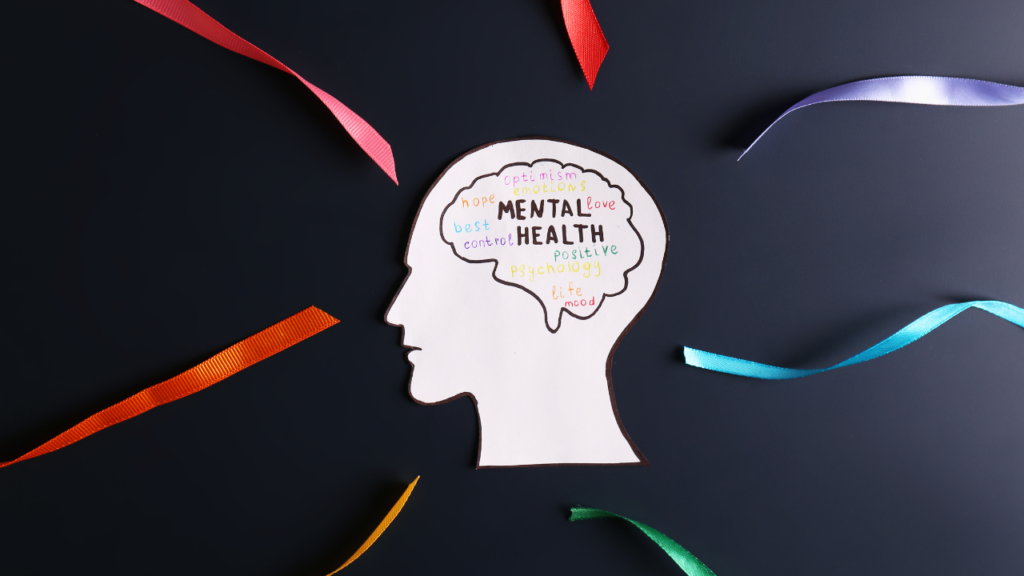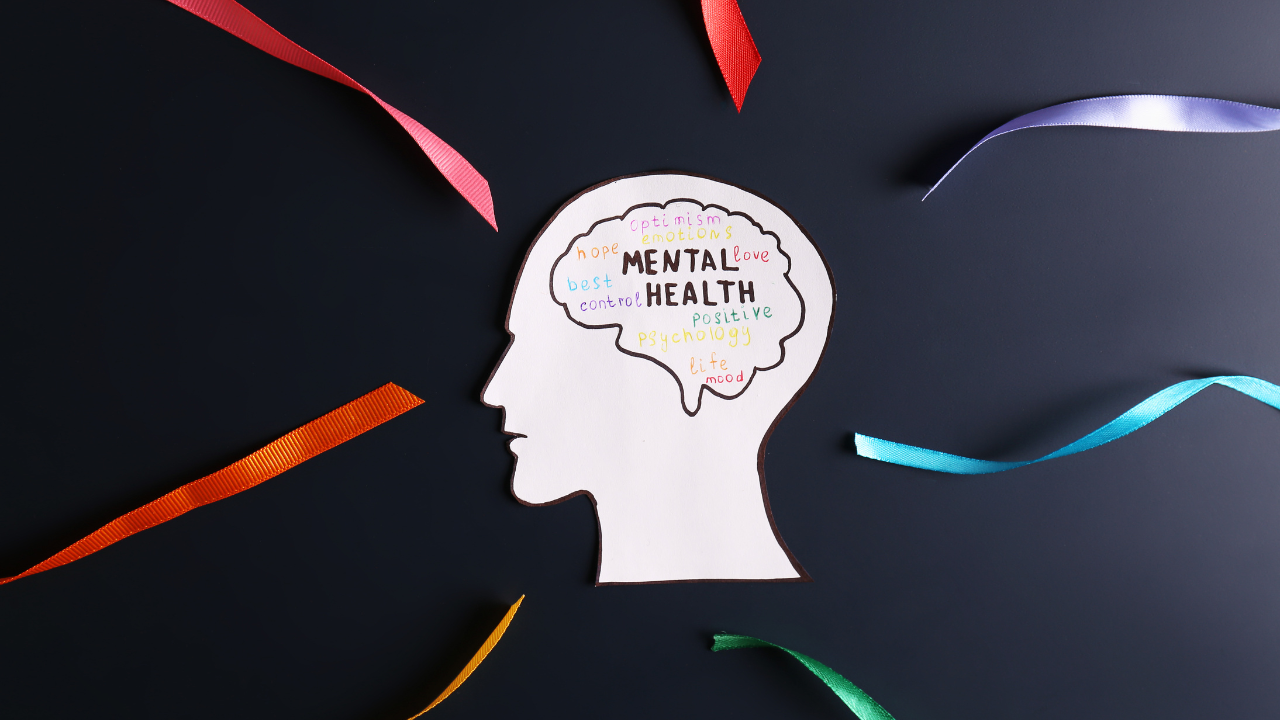In today’s world of competition and massive responsibilities, mental issues have become increasingly prevalent. Conditions like anxiety, depression, and stress are common, affecting millions of people worldwide. While therapy, medication, and other interventions play vital roles in managing these issues, an often overlooked yet incredibly effective method of improving mental health is exercise. Physical activity not only benefits the body but also has profound effects on mental well-being.

The Science Behind Exercise and Mental Health
Exercise is known to trigger the release of endorphins, the body’s natural mood enhancers. Endorphins are neurotransmitters that help reduce pain and boost feelings of pleasure or happiness. This is why people often feel a “runner’s high” after engaging in a good workout. Beyond endorphins, exercise also influences other brain chemicals like serotonin and dopamine, which play crucial roles in regulating mood, sleep, and feelings of reward and motivation.
Additionally, physical activity stimulates the production of Brain-Derived Neurotrophic Factor (BDNF), a protein that helps repair and protect brain cells. BDNF supports brain plasticity, making it easier for the brain to adapt to new experiences, reduce cognitive decline, and enhance memory.
Managing Anxiety Through Physical Activity
When it comes to the point of highlight a mental issue anxiety comes at the top list. Symptoms include constant worry, restlessness, and difficulty concentrating. Regular exercise can help manage anxiety by reducing the body’s sensitivity to stress. Cardiovascular activities such as running, cycling, and swimming help lower levels of stress hormones like cortisol while encouraging a calmer mental state.
Exercise also serves as a distraction, taking the mind off worries and negative thoughts. Whether it’s a walk in the park or a yoga session, physical activity allows the mind to focus on the body’s movements and sensations, offering a form of mindfulness that can reduce the intensity of anxiety.
Alleviating Depression with Physical Movement
Depression is another widespread mental health issue characterized by persistent sadness, fatigue, and a lack of interest in daily activities. Exercise has been shown to be as effective as antidepressants in some cases of mild to moderate depression. Engaging in physical activity helps increase energy levels, improve self-esteem, and restore sleep patterns, all of which are often disrupted in individuals suffering from depression.
Group exercises or team sports can also offer a social component, helping people build connections and combat the isolation that often accompanies depression. The sense of achievement after completing a workout or meeting a fitness goal can create a positive feedback loop, enhancing motivation and reducing depressive symptoms.
Exercise and Stress Reduction
In an age where stress seems to be a permanent fixture in most people’s lives, exercise offers a powerful way to unwind. Physical activity lowers stress hormones and gives the mind a break from the pressures of daily life. Exercise also helps regulate breathing and promotes relaxation, especially in activities like yoga or tai chi, which combine physical movement with mindfulness.
Moreover, exercising regularly helps build resilience, allowing individuals to better cope with future stressors. The discipline and structure that come from maintaining an exercise routine provide a sense of control and predictability in an otherwise chaotic world.
Enhancing Cognitive Function and Memory
Mental health isn’t just about managing emotions; it’s also about maintaining cognitive health. Regular physical activity has been linked to improved memory and cognitive function. Exercise boosts blood flow to the brain, ensuring that it gets the oxygen and nutrients it needs to function at its best.
Studies have shown that people who exercise regularly have a lower risk of developing conditions like Alzheimer’s and dementia later in life. By promoting neurogenesis, or the formation of new brain cells, exercise helps keep the brain sharp and resilient, even as we age.
Building Confidence and Self-Esteem
Physical fitness can significantly boost self-esteem and confidence, both of which are crucial for mitigating the risk of mental issues. Achieving fitness goals, whether it’s running a certain distance, lifting heavier weights, or simply sticking to a consistent exercise schedule, fosters a sense of accomplishment. This sense of achievement can spill over into other areas of life, making it easier to take on challenges with a positive mindset.
Moreover, improving physical appearance through exercise can lead to enhanced body image, which is often closely tied to mental health. Feeling good in your body can contribute to feeling good in your mind, creating a holistic sense of well-being.
Social Connection and Community Support
For many, exercise is not just a solitary activity but a social one. Whether it’s joining a gym, participating in a local sports league, or attending group fitness classes, exercise can foster a sense of community and belonging. Social interaction is a key component of mental health, helping to reduce feelings of loneliness and provide emotional support.
Being part of a fitness community can also enhance accountability, motivation, and perseverance. The shared goals and camaraderie found in group settings create a positive and encouraging environment that can uplift the mind just as much as the body.
Tailoring Exercise for Individual Mental Health Needs
It’s important to note that while exercise is beneficial for most people, the type and intensity of exercise should be tailored to the individual’s mental health needs. For instance, someone dealing with severe depression may not initially have the energy for vigorous workouts and may benefit more from light activities like walking or stretching. On the other hand, those managing anxiety may find that high-intensity interval training (HIIT) or running helps them burn off excess nervous energy.
Even short bursts of physical activity can have a positive effect on mental health, and over time, these small steps can lead to significant improvements in mood, cognition, and overall well-being.
Conclusion:
While exercise is not a cure for all mental issues, it plays a crucial role in managing and improving mental well-being. Regular physical activity promotes the release of mood-enhancing chemicals, improves cognitive function, reduces stress, and fosters social connections—all of which contribute to a healthier mind. By integrating exercise into daily routines, individuals can take proactive steps towards better mental health and a more balanced life.
Ultimately, exercise offers a natural, sustainable approach to mental wellness that complements other forms of treatment, providing a holistic path to emotional and psychological resilience.

